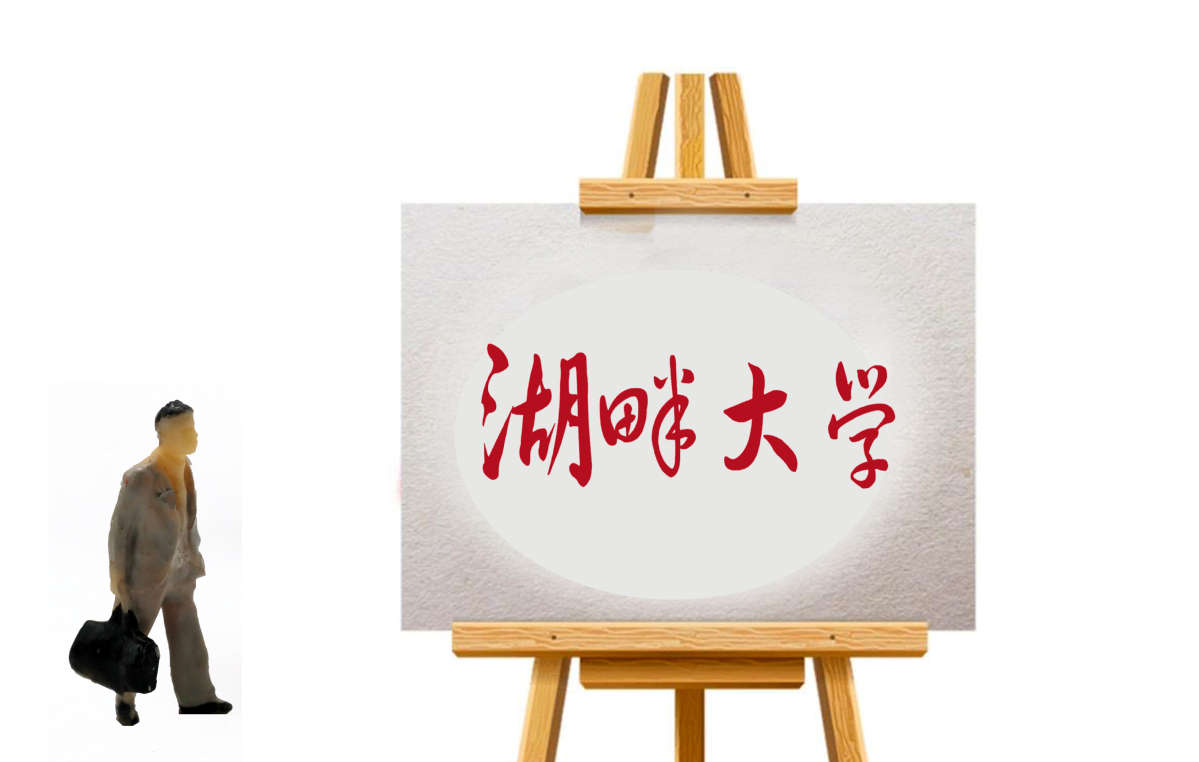Training institutions founded by businesses ordered to rectify names
By ZOU SHUO | China Daily | Updated: 2021-05-25 09:52

Some training institutions founded by enterprises have removed the word "university" from their names after a new guideline was issued forbidding such misuse.
The guideline, issued recently by the Ministry of Education and eight other departments, banned enterprise-founded institutions and organizations from using "university" or "college" in their names and ordered a complete overhaul in the next six months.
Some training institutions founded by enterprises and social organizations have used "university" and "college" in their names to encourage enrollments and promote themselves without getting approval. That has led to public misunderstanding and disorder in the education sector, the guideline said.
Universities should be approved by the education authorities under the State Council, China's Cabinet, while colleges should be approved by central or provincial governments, it said, adding that institutions and organizations that have not received approval are prohibited from using university or college in their names.
In six months, local authorities will make sure institutions and organizations have stopped such misuse.
If their behavior constitutes false advertising or promotion, market regulators will hand out fines. If their acts violate administrative regulations, they will receive administrative punishment; if their acts constitute a crime, they will be investigated to determine criminal responsibility, the guideline added.
A video clip of a worker erasing the Chinese characters for "university" from a sign at Hupan University went viral on Chinese social media platforms recently.
Hupan, set up by Jack Ma Yun, the founder of Chinese e-commerce giant Alibaba, also dropped online references to "university" in its name.
Its Weibo account changed its name to the Hupan Entrepreneurship Research Center, while its website and WeChat account now just refer to it as Hupan.
According to its website, Hupan was set up in 2015 as a private tutoring institution for China's top business leaders. Its nine founding members included Ma and Lenovo chairman Liu Chuanzhi, with Ma serving as its founding president.
The website quoted Ma as saying that he hoped to train up to 3,000 entrepreneurs in China in 30 years and that Hupan would last for 300 years.
Other training institutions have also recently removed the word "university" from their names. Hundun University, a business training institution, has been renamed Hundun Academy; Dedao University, a vocational training institution, has been renamed Dedao Institute of Advanced Studies; and Tencent-supported Qingteng University is now known simply as TencentX.
According to a report by China Education Television, there are around 3,000 "universities" founded by enterprises in China. They include tutoring institutions for business leaders, nondegree vocational training institutions and training institutions for company employees.
Xue Eryong, a professor at Beijing Normal University, said universities and colleges should refer to those institutions that offer degree education and Chinese laws and regulations have strict and detailed requirements on universities and colleges, including their faculty, majors, enrollment scale and the issuing of academic degrees.
The new guideline aims to avoid public misunderstandings about such institutions and maintain the seriousness and authority of higher education institutions and the degrees they confer, he said.
























